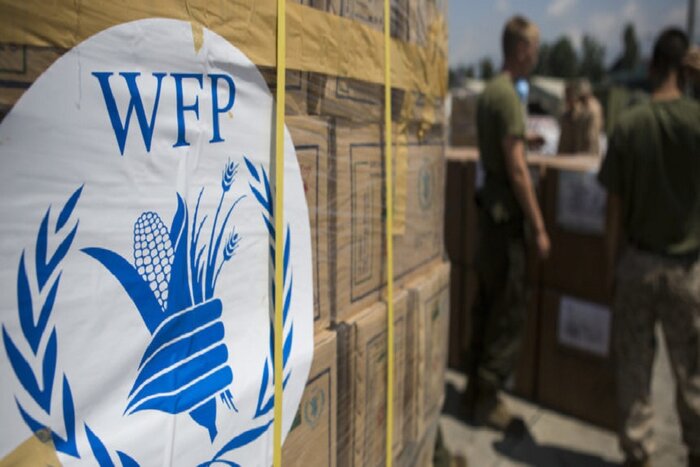RASC News Agency: Following the recent earthquake that struck Herat province, resulting in a surge in the number of individuals in dire need of humanitarian assistance, the World Food Program (WFP) has unveiled a dire predicament in terms of their financial resources to aid the affected populace. On Sunday, October 22nd, WFP revealed that it had already extended aid to 95,000 victims of the earthquake in Herat. However, the available budget is depleting at an alarming rate.
Recognizing that the earthquake survivors require comprehensive support to rebuild their lives, the WFP’s limited provision of food aid to a mere 95,000 individuals is concerning, particularly considering that the United Nations reports over 90% of the victims in Herat province are women and children, many of whom are presently grappling with mental and emotional distress.
Given the recent turn of events, the World Food Program has urgently appealed for an injection of $19 million in emergency aid to address the plight of the devastated victims of the Herat earthquake.
According to the organization, the earthquake has inflicted a devastating loss of life, with thousands perishing and thousands more sustaining injuries. Moreover, the seismic event has left a trail of destruction, reducing 25,000 structures to rubble.
Furthermore, it is imperative to highlight that the recent earthquakes in Herat province have caused significant damage to numerous vital infrastructures. This fact underscores the far-reaching impact of the seismic events on the region.
Of noteworthy mention is the fact that in response to this catastrophic event, several countries from both the surrounding region and across the globe have pledged their commitment to providing humanitarian aid to assist the victims. Many of these nations have already delivered their contributions to the earthquake-affected individuals, thus demonstrating their unwavering dedication to supporting them during this exceedingly challenging time.
It is, however, crucial to acknowledge that amidst the ongoing relief efforts, some earthquake victims have expressed discontentment with the distribution of aid, asserting that it has been disproportionately allocated to families associated with the Taliban group. This concern raises pertinent questions about the equitable dispensation of assistance, highlighting the pressing need for transparency and fairness in the aid distribution process.






